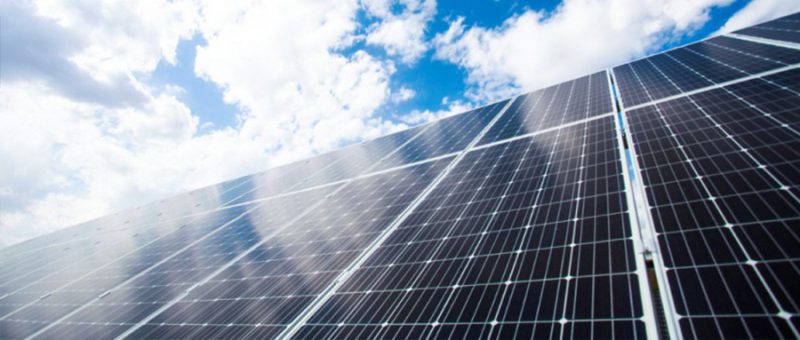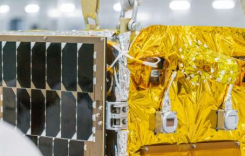PVTIME – The Dutch government has announced that it is withdrawing funding for the second and third phases of SolarNL, a domestic photovoltaic manufacturing project. The decision, proposed by the National Growth Fund, is based on the assessment that establishing a large-scale new PV manufacturing industry in the Netherlands is no longer practical.

Launched in 2023, SolarNL brought together a consortium comprising the companies MCPV and Solarge, as well as the research institute TNO. The project focused on advanced technologies, such as heterojunction solar cells and flexible perovskite thin films, with the aim of establishing a domestic PV manufacturing system in the Netherlands. The project initially received a €135 million grant, with a further €277 million planned for later stages. However, the funding halt now means that all subsequent financial support will stop.
MCPV, a key participant in the project, has expressed strong regret over this decision. Its chief executive, Mark Richter, stated that the EU urgently needs to develop a resilient energy system and that solar energy, as a low-cost net-zero technology, plays a vital role. He added that the strategic value of Europe’s solar industry is comparable to that of agriculture and defence. Prior to the funding cut, MCPV had raised €4.2 million to build a 4GW HJT battery factory in the north of the Netherlands, which was scheduled to start operations in 2026. Since then, the company has turned to alternative plans: its module assembly plant in Spain has secured support under the Spanish government’s RENOVAL programme, and it is progressing with other projects inside and outside Europe.
The Dutch decision comes at a critical time for Europe’s PV sector, which is calling for stronger support. The European Solar Manufacturing Council and Solar Power Europe recently sent a joint letter to EU institutions, urging them to implement additional support measures beyond the Net Zero Industry Act. Enacted in June 2024, the Act sets a target for EU-made net-zero technologies to account for 40 per cent of domestic manufacturing by 2030. However, the EU currently relies on imports for 90 per cent of its PV wafers, leaving existing production capacity far short of this target.
Christophe Baudson, secretary general of the European Solar Manufacturing Council, stressed that the industry urgently needs financial and policy support. He called for the launch of a European Solar Industry Action Plan, which would include five key measures: a ‘Made in Europe’ principle for public procurement; operational subsidies; a dedicated clean manufacturing fund; and financial backing from the European Investment Bank.
While the Netherlands is scaling back its support, Spain is increasing its backing for PV manufacturing. Earlier this year, the country allocated €210 million to seven PV projects, including MCPV’s module plant, and introduced a further €480 million subsidy programme in the summer. These differing approaches highlight the divergent paths that EU member states are taking in their PV manufacturing strategies.
Analysts suggest that the Dutch funding halt may reflect the cost and competitive pressures facing domestic manufacturing in Europe. While the EU has laid the groundwork through initiatives such as the Net Zero Industry Act and the European Solar Charter, balancing industrial support with market realities remains a key challenge in achieving autonomy in the PV supply chain. Following SolarNL’s setback, the ability of the EU to introduce more targeted and coordinated support policies will be crucial in shaping the future of Europe’s PV manufacturing sector.

Scan the QR code to follow PVTIME official account on Wechat for latest news on PV+ES











